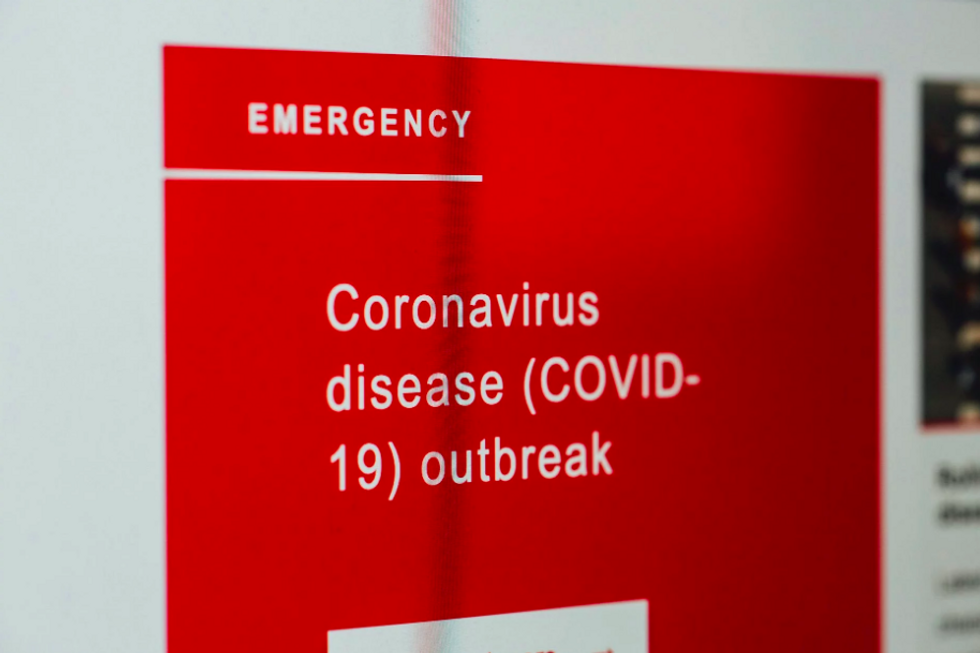The coronavirus pandemic has disrupted lives all around the world. As people across the U.S. practice social distancing to help slow the spread of COVID-19, many businesses have temporarily shuttered and the justice system has ground to a halt in many parts of the country.
In one way or another, we have all been touched by this pandemic, whether that means working from home or working on the frontlines.
People's behaviors have changed tremendously following the outbreak.
More Americans are practicing social distancing and better personal hygiene since February. According to YouGov, as of the end of March, at least 30 states have issued orders for their residents to shelter in place or stay at home. If this list continues to grow, the rate of people saying they avoid crowded places may continue to increase in April.
Even though the acute threat of COVID-19 will pass, things will not return completely to normal. The virus and the economic tumult that accompanies it are transformative events and will likely change lifestyle and financial choices for every generation.
Here's how I think Covid-19 will change the world, even after the outbreak passes:
Use of technology in society would be greatly accelerated:
- Think about it: after being in quarantine for months, we have become so used to technology and using it more often than we already do. Once we are officially out of the quarantine, technology will be used for things that normally didn't need technology. School, I think, is a big example of this. Currently, most schools are using digital learning. After the quarantine is lifted, I believe many schools will shift a majority of their curriculum to be taught digitally.
- I was learning about something like this in my AP Human Geography class. I think the efforts that are being made to control the corona virus pandemic will indirectly lead to the stopping (or controlling) of climate change.
- To control the coronavirus, governments have needed to mandate social distancing, ground aeroplanes and close borders. For climate change, they need to back clean technologies and end subsidies to polluting industries.
- According to the New Scientist, emissions from every country accumulate in the atmosphere independently of where they are released. Therefore cuts will only be effective if all nations are on the same trajectory – towards net-zero emissions by 2050.
- The government is sending economic stimulus packages to help people amidst the corona pandemic. Couldn't we possibly use the packages in such a way that it could potentially combat climate change? The packages must be used to kick-start a sustainable path towards a cleaner future. There are many opportunities to invest in low-carbon infrastructure projects that will create jobs and put the world on a safer, fairer and more resilient path. Just a thought.
- Amidst the corona virus outbreak, there have been many economic struggles brought on by the outbreak. For many in Gen-Z, the economic challenges of COVID-19 will completely reframe their college decision. Some will see their college funds slashed due to collapsing assets, others will fear taking on excessive student loan debt in a recession shocked economy. What's more is that many Gen-Zers have seen their millennial predecessors delaying buying a house and other major life events because of the crushing weight of their debts, making them less inclined to want to follow the same path.
- Over the last few years, Baby Boomers have grown more accustomed to technology. During quarantine, Boomers will be more exposed to technology and will have more time to learn about technology. Many Boomers will likely try many technology-enabled services for the first time, including grocery delivery, direct-to-consumer goods and in-home subscription entertainment. Many will continue using these services after the pandemic passes as they will be won over by the convenience, quality and, for some, necessity of these businesses.





 mr and mrs potato head
StableDiffusion
mr and mrs potato head
StableDiffusion










